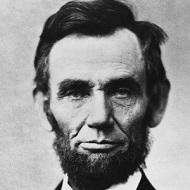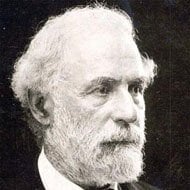Alexander Stephen
#298,446 Most Popular
About
Lifelong American politician from Georgia who opposed secession but served as the vice president of the Confederate States from 1861 to 1865. He later served as the 50th governor of Georgia from 1882 until his death in 1883. After the Civil War, he was arrested for treason and imprisoned for five months. And despite there being restrictions on former Confederates serving in office, Stephens was elected back into the U.S. House of Representatives in 1873, and re-elected in 1874, 1876, 1878, and 1880.
Before Fame
After graduating from Franklin college, later the University of Georgia, Stephens became a practicing attorney. He entered politics in 1836, when he was elected to the Georgia House of Representatives. In 1843, he was elected to the U.S. House of Representatives. He started off as a Whig, then became a Unionist, then switched to the Democratic party.
Trivia
As the Civil War approached, he opposed the South seceding from the Union but defended slavery. By the time the war began, he owned 34 slaves. He was sickly throughout his life and suffered from rheumatoid arthritis and a pinched nerve in his back.
Family Life
He never married. He has no known direct descendants, but in 2017 his great-great-great grandnephews, brothers Alexander M. Stephens and Brendan Stephens, in a letter to Georgia Governor Nathan Deal and the state Legislature and published in the Atlanta Journal-Constitution, wrote that "Confederate monuments need to come down." They also told a reporter that they wanted Stephens' statues moved to a museum, "not to have it 'wiped away' but to have it contextualized so that someone might actually learn something from it."
Associated With
As vice president of the Confederacy, he served eight days more in office than CSA president Jefferson Davis. In 1863, he and Stonewall Jackson and Robert E. Lee tried to meet with President Abraham Lincoln to exchange prisoners, but the Union's victory at Gettysburg, the administration refused to meet with them.











